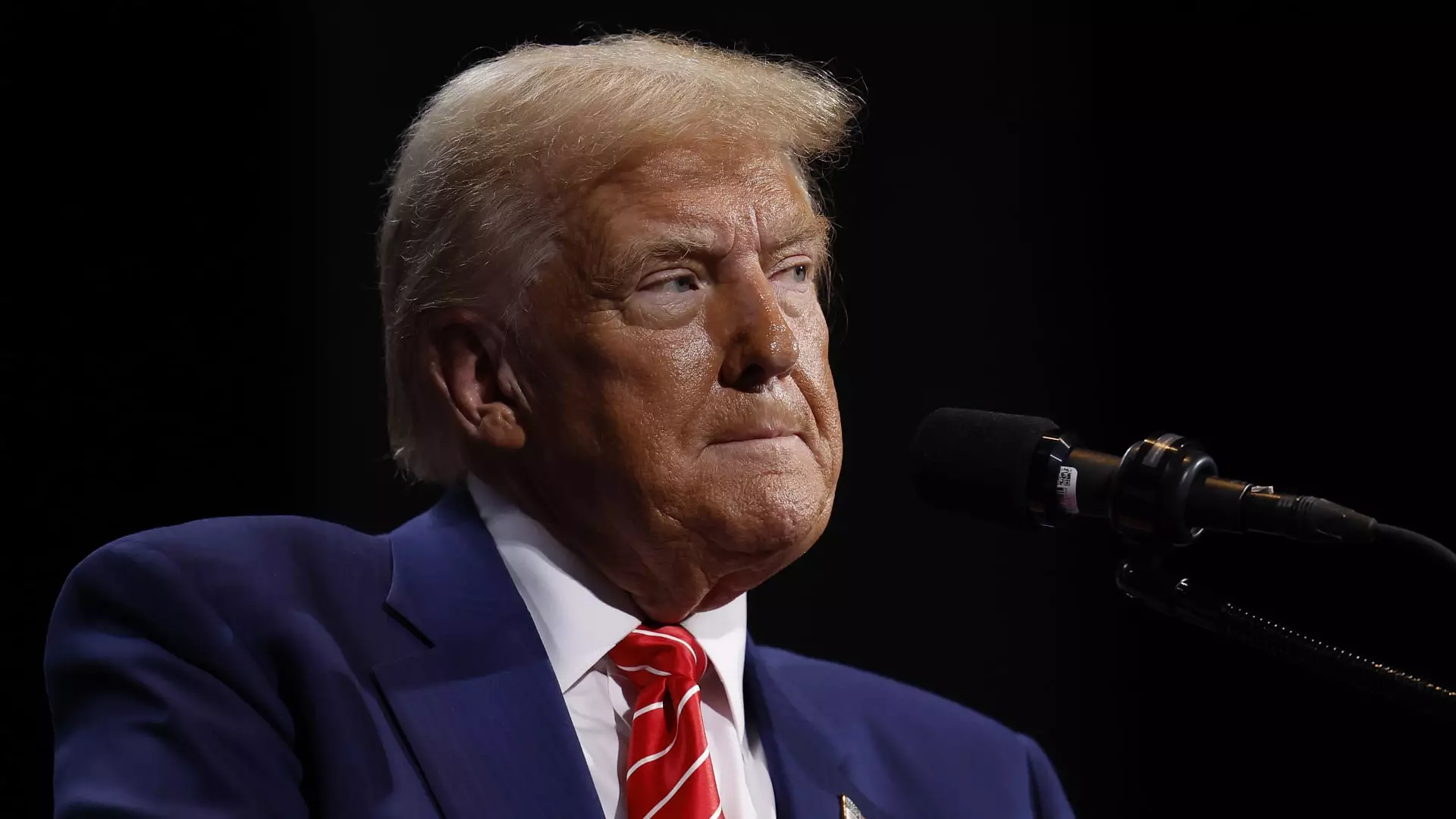In a significant legal move, the five men known as the Exonerated Five have taken action against Donald Trump, seeking justice for what they allege are defamatory comments made about their convictions from over three decades ago. This latest development not only highlights the enduring impact of wrongful convictions but also adds a new layer to the complexities of public discourse surrounding issues of race, justice, and accountability.
The Exonerated Five—Yusef Salaam, Raymond Santana, Kevin Richardson, Antron McCray, and Korey Wise—were wrongfully convicted as teenagers in connection with the brutal assault of a jogger in Central Park in 1989. After years of legal battles, the truth eventually emerged: their confessions were coerced, and DNA evidence cleared them of any wrongdoing. In light of their tumultuous history and the injustice they faced, the implications of Trump’s recent comments during a political debate can be profound, raising questions about the responsibilities of public figures in shaping narratives about race and justice.
On a pivotal day in September, amidst a charged political environment, the Exonerated Five filed a federal lawsuit against Trump in Philadelphia, alleging defamation and intentional infliction of emotional distress. Their legal claim stems from statements Trump made during a debate with Democrat Kamala Harris, during which he incorrectly asserted that they had admitted guilt and caused a death. Such assertions not only misrepresent their past but also reignite trauma from their wrongful convictions.
The suit emphasizes that the men, now adults and advocates against wrongful imprisonment, categorically never pled guilty to any crimes and that the assaults they were connected to did not result in any fatal outcomes. This misrepresentation by Trump paints the Exonerated Five in a malevolent light, perpetuating stigma that can lead to further emotional and psychological distress.
To fully grasp the weight of the lawsuit, it’s essential to consider the historical context surrounding this case. In 1989, Trump took a controversial step by purchasing a full-page advertisement calling for the execution of the then-teen defendants, which has been labeled an overt act of racial animus. At that time, the hysteria around crime in New York City was palpable, and the advertisement served to amplify public calls for harsh punishments without due consideration of innocence or justice.
With the Exonerated Five ultimately exonerated in 2002 through DNA evidence, the scars of their experience remained. The city of New York recognized these injustices, compensating the men with a settlement of $41 million after they filed a civil rights lawsuit. Nonetheless, Trump’s derogatory comments from the debate reveal a troubling unwillingness to acknowledge the complexities and nuances of the justice system.
This lawsuit not only addresses individual harm inflicted upon the Exonerated Five; it also raises critical questions about the role that media consumption and public figures play in shaping public opinion and action. Trump’s statements during the debate were not mere slip-ups; they were, as the plaintiffs argue, part of a broader pattern of behavior aimed at vilifying people of color. The repercussions of such discourse can echo throughout society, influencing perceptions of justice and race.
Furthermore, the lawsuit invites reflections on the ethics of how public figures utilize their platforms. When leaders propagate inaccuracies, especially about marginalized communities, they risk fostering an environment of distrust and division. The ramifications extend beyond individual cases, ultimately shaping public policy and societal attitudes towards justice and human rights.
The outcome of this case could extend far beyond monetary compensation. For the Exonerated Five, it offers a platform to further address the fallacies surrounding their wrongful convictions and calls attention to societal issues of race and justice. It encourages individuals to consider the impact of their words and positions, particularly those with influence.
In the battleground of political discourse, the myriad layers of responsibility must be acknowledged. As the Exonerated Five seek redress, they underscore the importance of correcting historical wrongs and championing justice for all individuals wrongfully accused. Their suit is a reminder that the past must be handled with sensitivity, and that truth, particularly in the public arena, should always take precedence over rhetoric.

